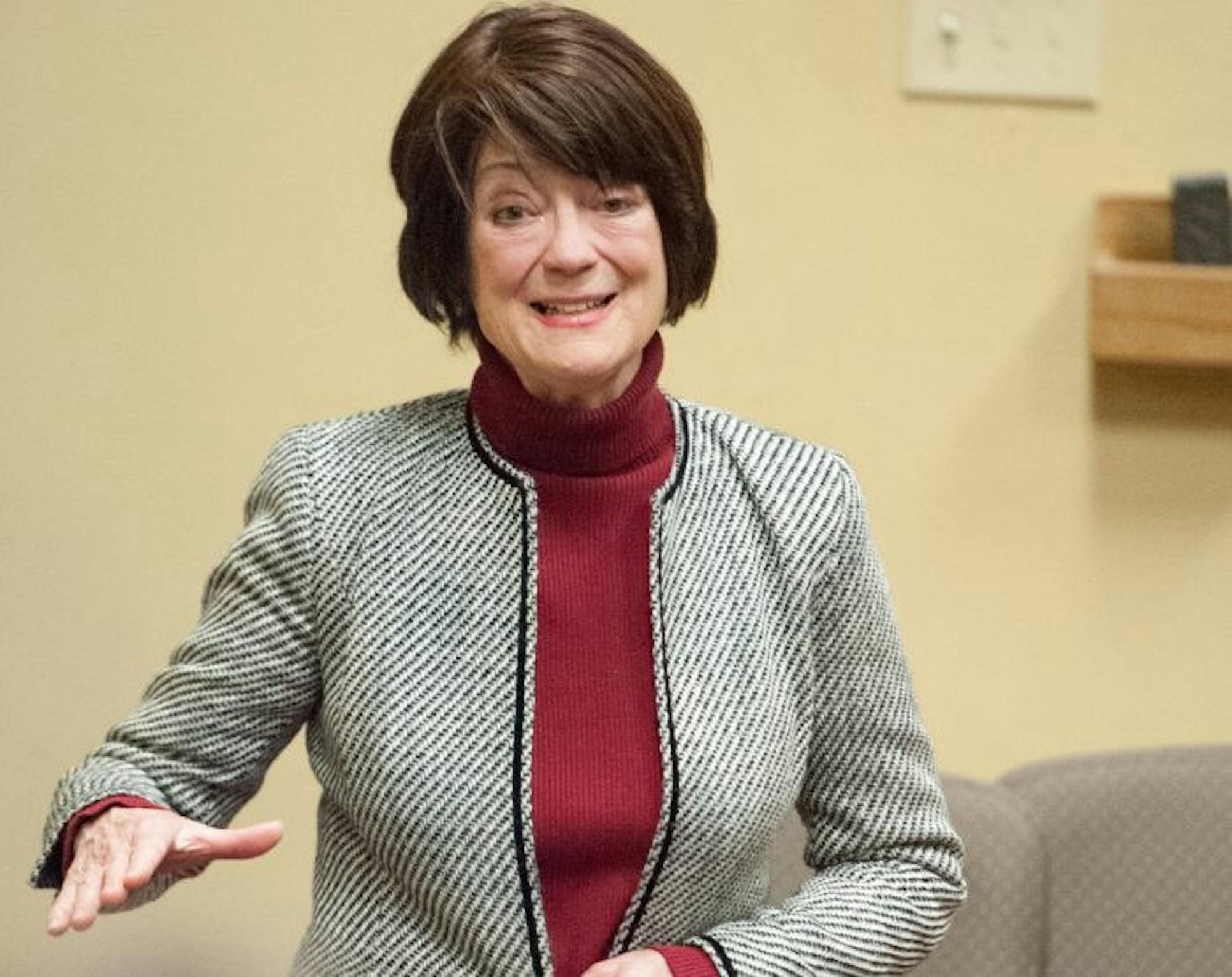The Student Union Board (SUB) hosted a SUBtalk Thursday night, during which philosophy and biology professor Kristin Shrader-Frechette, the head of Center for Environmental Justice and Children’s Health, addressed the problem of climate change using economic and ethical reasoning.
“I am a huge believer in the market, because when you pay the full cost, the economic answer is almost always going to be the same as the scientific answer, as the biological answer, as the ethics answer, because it is expensive to destroy people and places,” Shrader-Frechette said.
Shrader-Frechette said hurricanes do not occur because of climate change, but rather the intensity has been increasing as a result.
“We are talking about intensity and frequency of extreme events, and there is absolutely no doubt that this hurricane-increased intensity is due to climate change,” she said.
When the temperatures at sea are higher, Shrader-Frechette said, there is faster ocean evaporation, which leads to more humidity. When there is more humidity, convection events such as hurricanes tend to occur, and the higher the ocean temperatures, the more intense the hurricanes, she said.
Shrader-Frechette said climate change is, in fact, an economic problem.
“We could have a global financial collapse because the costs of climate change are so massive,” she said.
Recently, President Donald Trump announced his intention to leave the Paris Climate Agreement because he estimated $3 trillion in lost GDP by 2040. Professor Shrader-Frechette, however, refuted his math by presenting data of her own. She said just the medical costs for fossil-fuel related deaths are an estimated $28.4 trillion by 2040.
“What Trump fails to note, which is important, is that investing in green energy is not just a cost … it is actually a benefit,” she said. “It would help make us a global energy leader, it would make us not dependent on foreign sources of electricity, and it would take back global leadership in wind and solar energy.”
Shrader-Frechette also said pulling out of the Paris Climate Accord would cut jobs. Since 2015, 70 percent of all new electricity in the U.S. has been either solar or wind power, which Shrader-Frechette said are cheaper than what she calls “dinosaur technology” — coal, oil, natural gas and nuclear. Three times as many people are employed by solar and wind companies as coal companies, Shrader-Frechette said.
“The U.S. is the world’s Saudi Arabia of wind,” she said. “We have got more wind and better wind than anybody in the entire world. Wind from just a couple of states could supply electric power for the whole country.”
In addition to presenting her argument from an economic standpoint, Shrader-Frechette included ethical reasoning as well. She said there are 247,000 deaths per year caused by the U.S. contribution to climate change, which is around 29 percent of existing climate change. The US also leads the world in carbon dioxide emissions annually, Shrader-Frechette said, around 339,174 metric tons per year.
“If we are the main country that screwed up the climate, then we ought to be the main ones to fix it,” she said.













